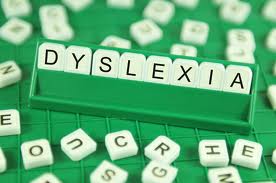Talk the Talk
Posted on August 17th, 2013by
In Pronunciation, Speech, Words | Leave a Comment »
 The art of a good conversation is knowing what to say, when to say it and how to say it. That’s not always easy as people often mean one thing but say another, try to discuss subjects they´re not fully clued up about, blurt things out in a tactless manner, speak too quickly for others to understand or go off at tangents. All of these things can lead to confusion, disgruntled feelings and mixed messages, which makes having a good conversation in a foreign language even more challenging!
The art of a good conversation is knowing what to say, when to say it and how to say it. That’s not always easy as people often mean one thing but say another, try to discuss subjects they´re not fully clued up about, blurt things out in a tactless manner, speak too quickly for others to understand or go off at tangents. All of these things can lead to confusion, disgruntled feelings and mixed messages, which makes having a good conversation in a foreign language even more challenging!
Trying to find the right words and expressions in your own language can be hard enough, but scratching around in a foreign vocabulary to make yourself understood in the way you intended to be is even harder. Confidence is the key; that mixed with a bit of patience and persistence. Be confident that you are speaking the right words in the right way and you´ll carry your conversation off without anyone realising that it involved a little guesswork or that you were unsure of yourself. Don´t worry about the thought of being ridiculed if you get something wrong; on the contrary, people will admire you more for trying. And don´t give up if you can´t think of how to say something straight away, just take some time until it becomes clear in your mind and you´ll find that, after that, the words will flow easily so that you can carry on with the conversation.
No matter what level of lingual ability you´re at, everyone has the same angst when learning and speaking a new language, so be persistent with your studies and be brave at your approach, and you´ll soon find that you´re enjoying a very good conversation!



 The title of this post is not a bunch of random letters strung together. It is currently the source of many people’s woes (or extra holiday days, depending on how you look at it).
The title of this post is not a bunch of random letters strung together. It is currently the source of many people’s woes (or extra holiday days, depending on how you look at it).  A fun
A fun